Lameness
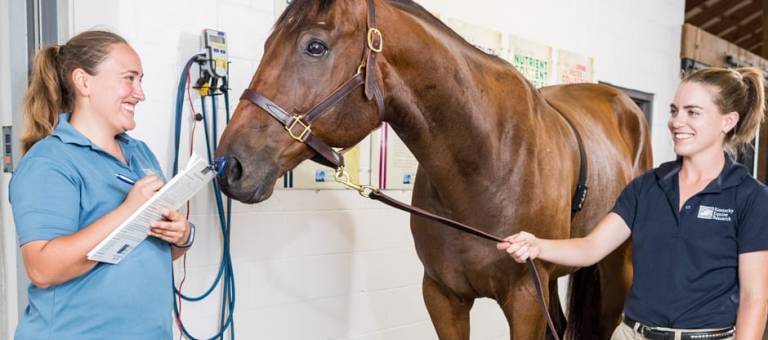
June 28, 2011
Rehabilitation for Injured Horses
Today, equine rehab clinics have a range of treatments to control discomfort, maintain or build muscular strength, and bring
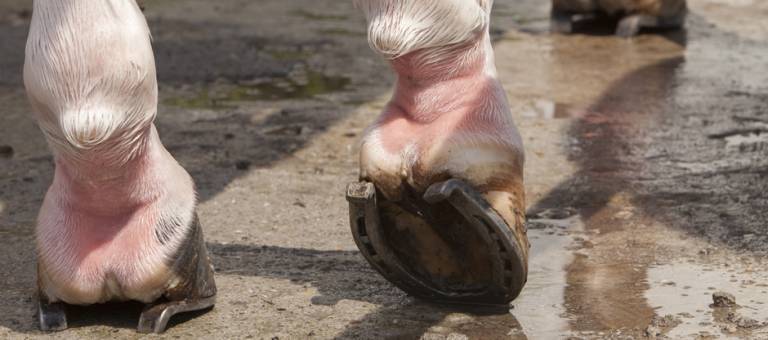
June 06, 2011
Supporting-Limb Laminitis Investigated in Horses
Supporting-limb laminitis is a common occurrence in horses that sustain a leg injury that causes them to bear weight
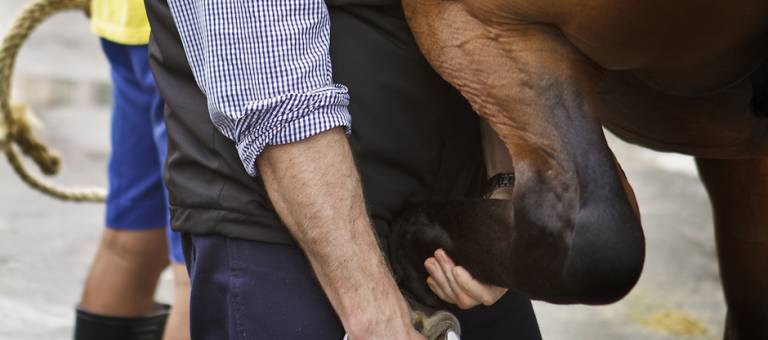
June 01, 2011
Pre-Purchase Exams for Off-Track Thoroughbred Horses
While pre-purchase veterinary exams are a good idea for any prospective horse owner, they are especially important when buying
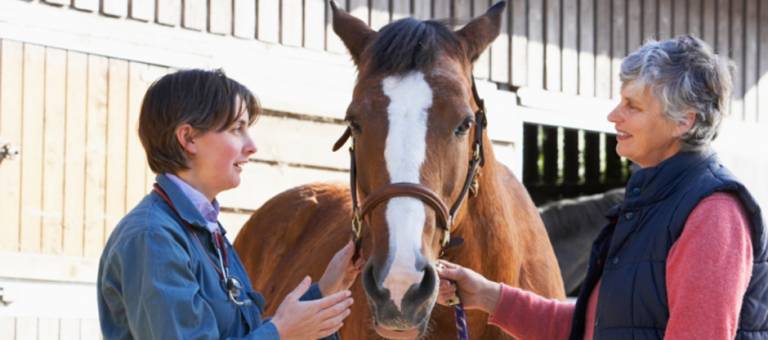
May 25, 2011
Mobilization of Horses after Musculoskeletal Injury
Each horse and injury must be evaluated on an individual basis to determine the best course of treatment and

May 16, 2011
Equine Neurologic Exam: What to Look For
A veterinarian can tell a lot about a horse’s neurologic condition simply by watching the horse move and interact
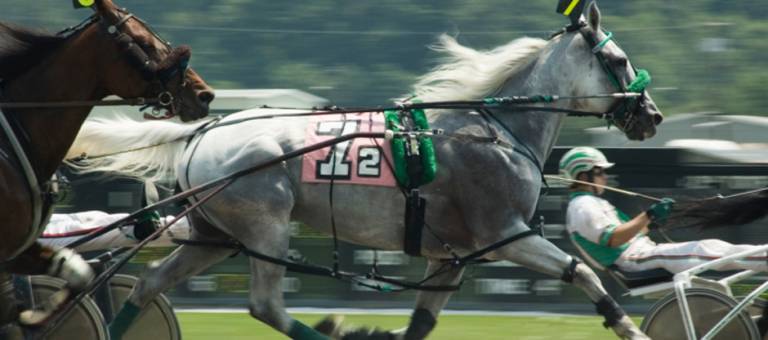
May 09, 2011
Tying-Up in Standardbred Horses
Affected Standardbreds in this study also had faster lap times and a higher winning percentage than their unaffected peers.
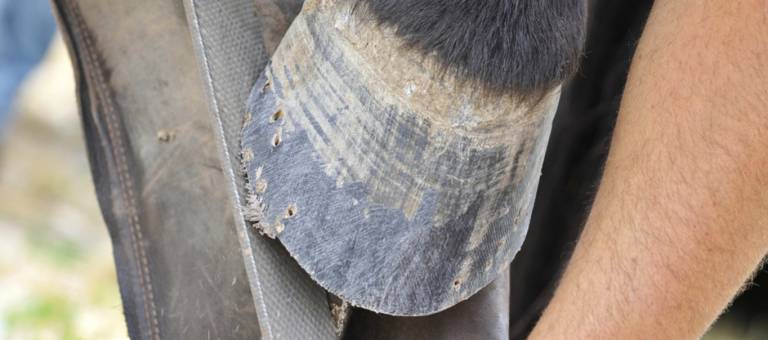
April 26, 2011
Laminitis and Gene Expression in Horses
Gene expression between control and trial groups was analyzed, and results showed that 155 genes were upregulated and no
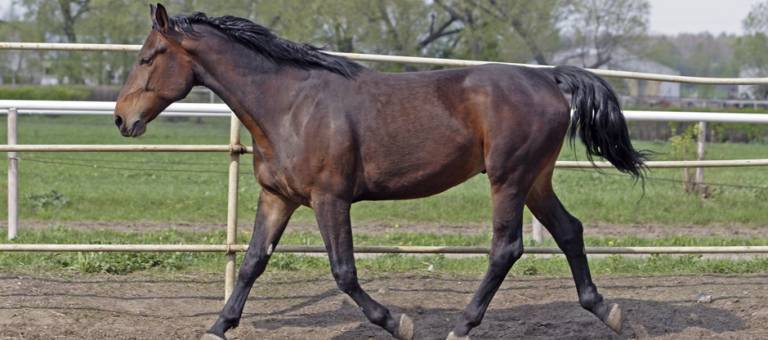
April 18, 2011
How Lame Is Lame?
While some cases of lameness are fairly easy to diagnose and treat, others are difficult because the signs are
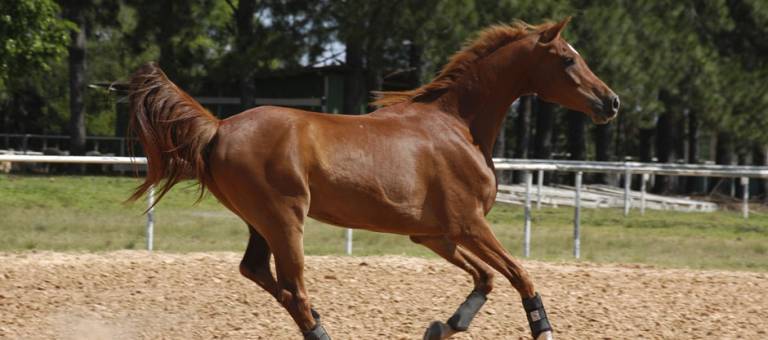
April 14, 2011
Stem Cells May Aid Cartilage Repair in Horses
In a study at Colorado State University, researchers used the proven technique of punching small holes in the bone
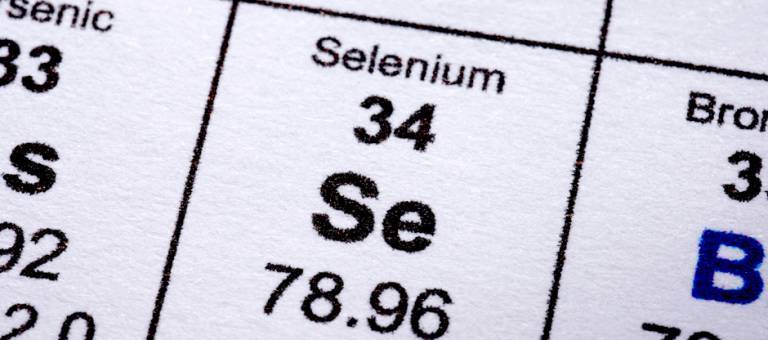
April 13, 2011
Trace Minerals Important for Horses During Recuperation from Injury
The most important trace minerals in the equine diet are iron, manganese, selenium, iodine, chromium, copper, and zinc. Although







